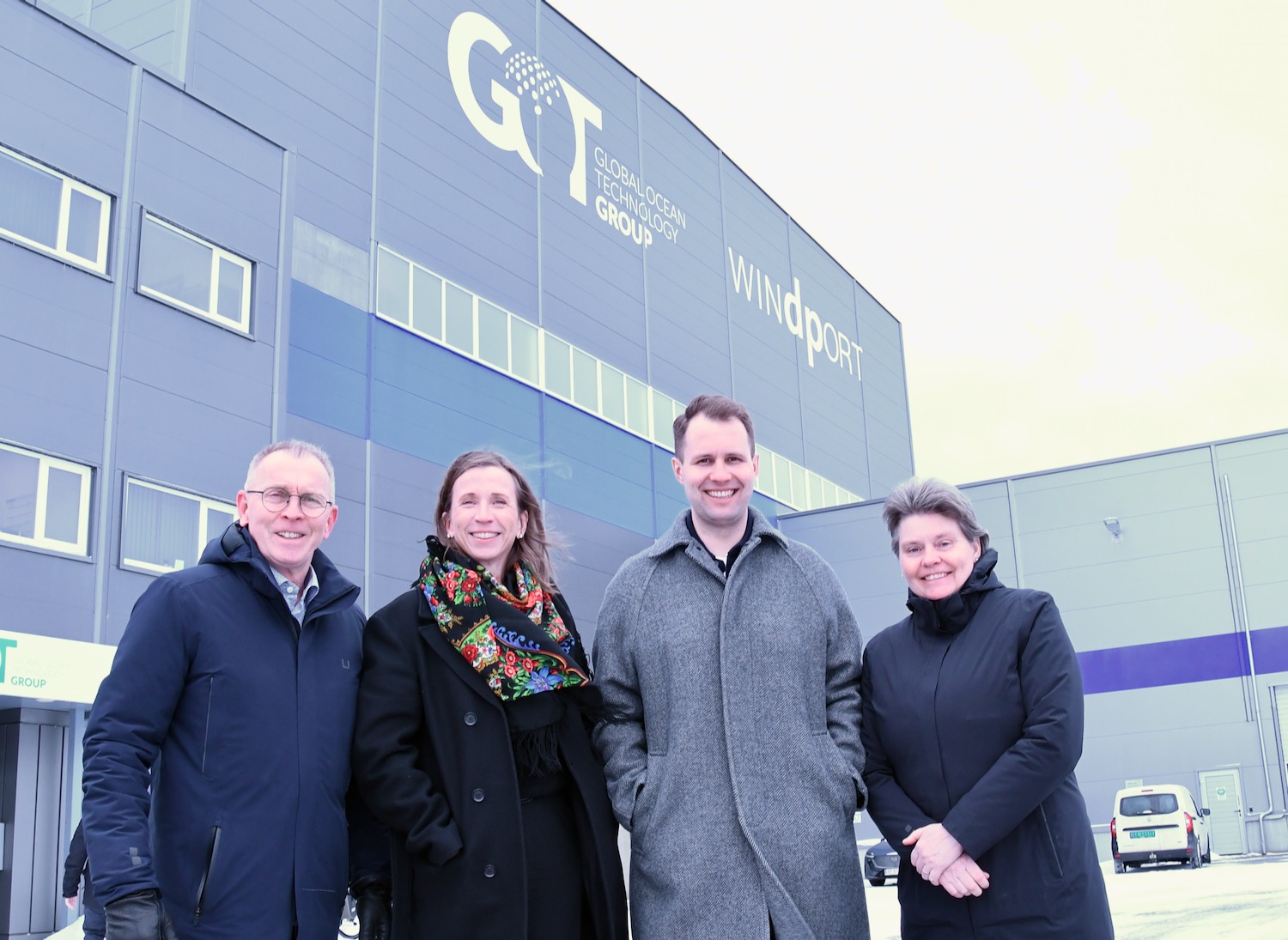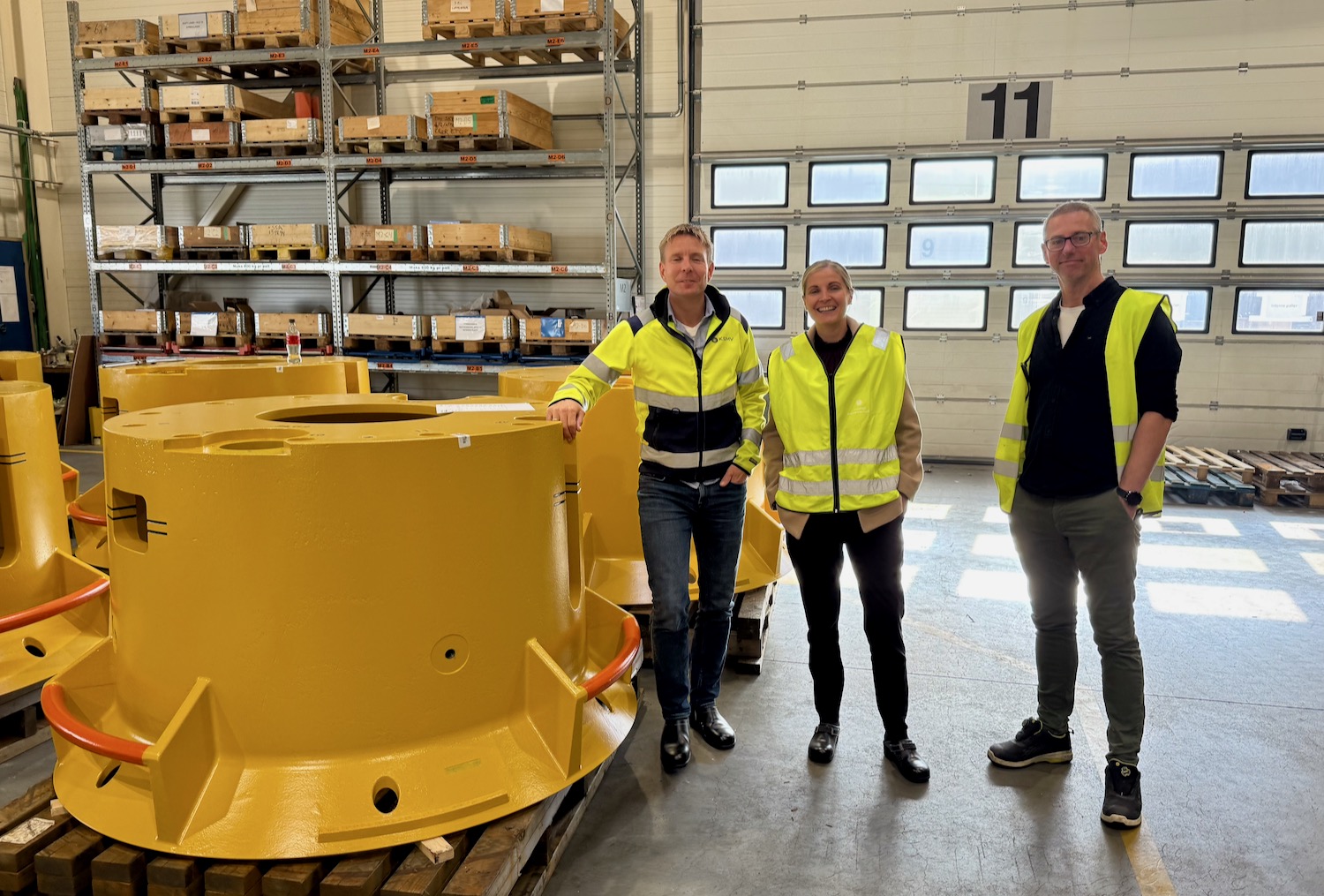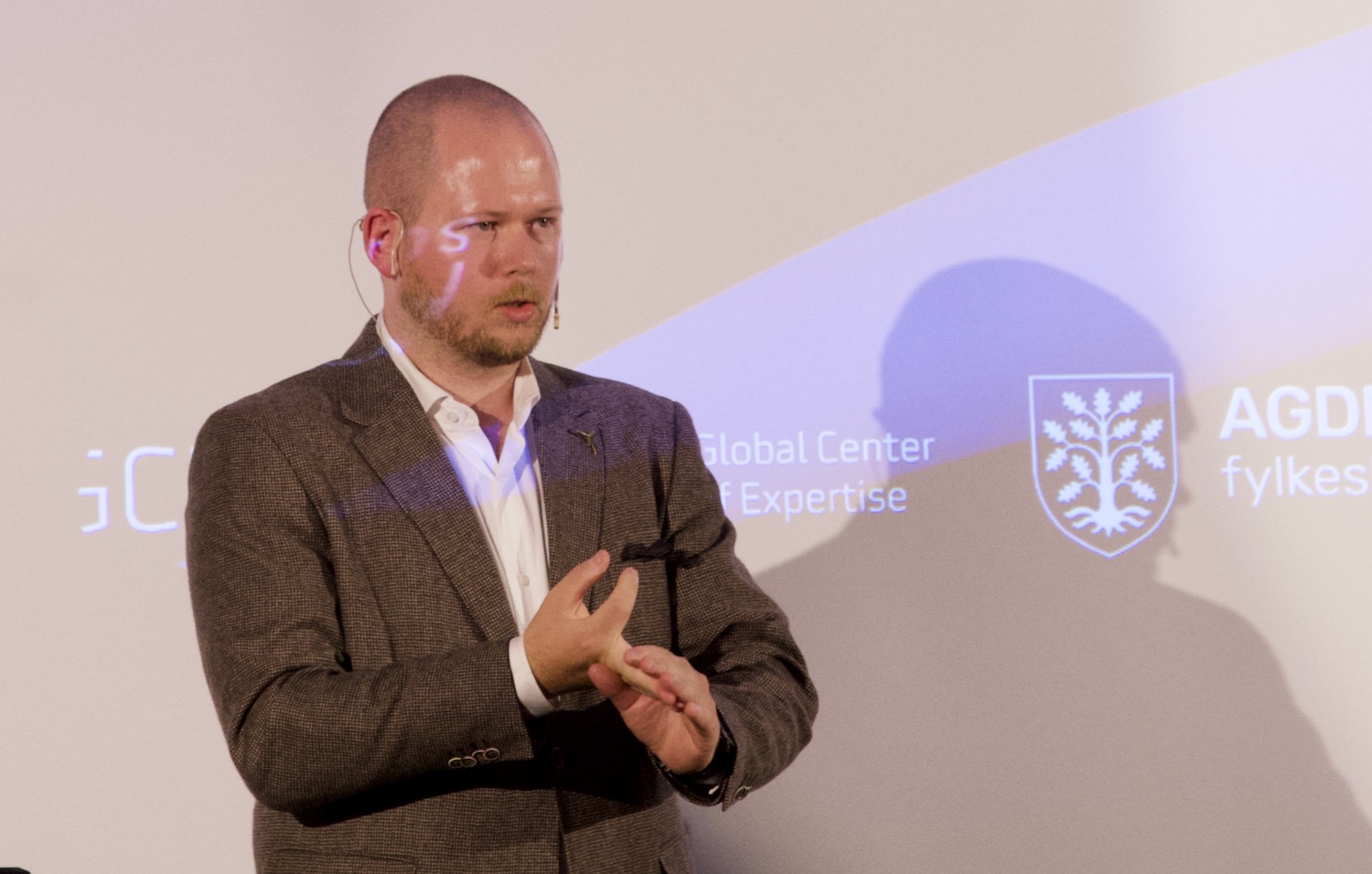“Norwegians talk a lot about electric vehicles, waste management and cutting emissions, as counter measures to climate change. We almost never talk about access to clean water, food and electricity, which is essential for the well-being of so many people around the world.”
Sunnva Hylen is a civil engineer at CAN Systems and a member of the GCE NODE reference group Sustainability & Climate Action. She is eager to combat climate change but reminds us that the UN Sustainable Development Goals cover much more than that.
“All members of the GCE NODE cluster have a responsibility for sustainable development. But we need to see that it expands beyond reducing carbon dioxide emissions. I have worked globally my entire career and have seen the real struggle in many parts of the world. It is about fighting poverty, not climate change,” says Hylen.
CONFLICTED AND LINKED
CAN Systems in Arendal was established in 2015 and specializes in offshore mooring solutions for gas terminals, fish farms, floating windmills and other floating objects. Hylen and seven other engineers are the only employees in the company.
“You can definitely say that we are very flexible engineers, covering a lot of areas and with collaborative partners all over the world. And three out of the eight are actually female civil engineers. That is unusual in the oil and gas industry,” she says proudly.
Two of CAN Systems’ projects are mooring systems for floating LNG terminals in Bangladesh and El Salvador, two of the world’s poorest nations. The terminals provide electricity to people who live in poverty. Hylen explains that in these countries many of the sustainable development goals are both conflicted and closely linked.
“Combating poverty does not always go hand in hand with combating climate change – and vice versa. The least developed countries must rise their standard of living before they are even able to take climate action. The current project in El Salvador will meet 30 percent of the country’s electricity demand. This is essential in providing people with an opportunity to live a better life. LNG also represents a cleaner energy production as it replaces coal and heavy fuel oil. I believe this illustrates some of the conflicts and dilemmas well,“ says Hylen.
A PUSH IN THE RIGHT DIRECTION
Hylen clearly states that the UN Sustainable Development Goals should concern the smaller companies, such as CAN Systems, but points at a difficult balancing act.
“Larger companies can establish their own sustainable initiatives, whereas the smaller companies must accept the opportunities that already exists within their niche of expertise. Our collaborative partners, the market and the potential clients defines what kind of assignments we get. For many smaller companies this is a dilemma and a reality at the same time,” says Hylen.
She is pleased to see that most of the projects they work on contribute to both combating climate change and increasing living standards in countries where electric vehicles and waste management is not likely to make the priority list for years to come.
“Eventually CAN Systems need to take on a stronger position on sustainable development. That is also why I volunteered for the reference group Sustainability & Climate Action. All members of GCE NODE need a little help and a push in the right direction. Together we may find solutions to the dilemmas we meet facing sustainable development as a corporate responsibility. We cannot sit in Norway and expect the rest of the world to think like we do,” concludes Hylen.



